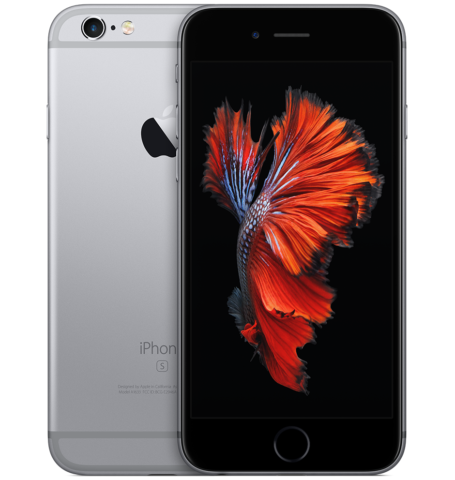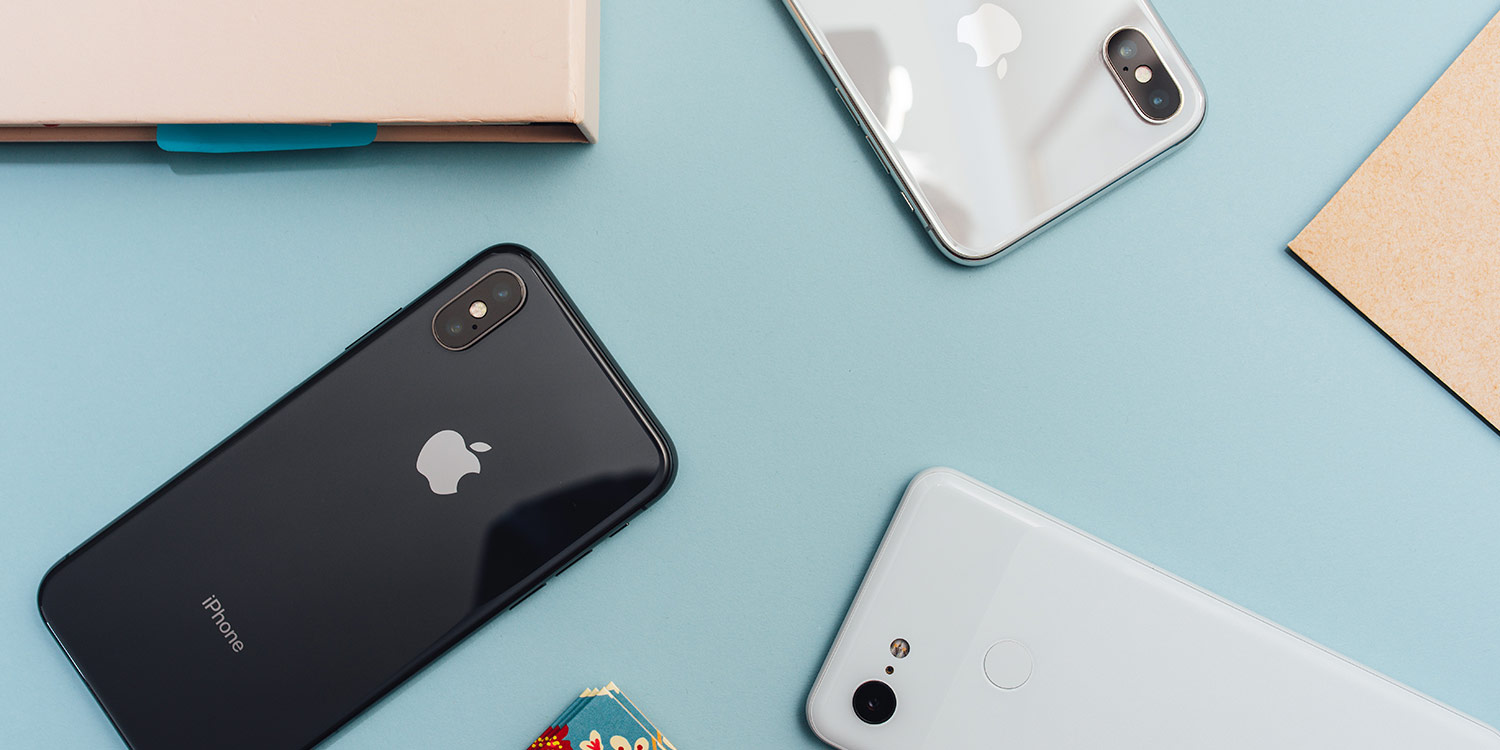Android phones are retired at a blistering pace – but that could be about to change
We don’t often talk about the ‘other side’ here, but occasionally something happens with Android that warrants discussion. You’re perhaps already aware that Android devices – phones and tablets alike – often receive few or even no major software updates. It’s commonplace that what you get in the box is how the device will stay, forever.
This isn’t a shock for dirt-cheap devices. What’s more surprising is how those companies claiming to offer a more premium experience also fail to look after users for the long-term. This was evidenced by Google quietly issuing the final ever security update for its own Pixel 3 and Pixel 3XL phones on February 8.
Google’s three-year-old Pixel 3 XL: dead
These phones are now considered obsolete and officially retired – yet they’re only a little over three years old. What’s more, this is an improvement of four months over Google’s original promise regarding support.
By comparison, things are very different if you own an iPhone. Despite certain commentators banging on about ‘planned obsolescence’ Apple supposedly inflicts on everyone, iOS 15 works on devices all the way back to the iPhone 6s. That phone was released way back in September 2015 – over six years ago – and originally shipped with iOS 9.
That Apple still supports devices of that vintage is important for several reasons. It means people can hang on to their phones for longer, should they choose to – and that those devices will remain secure. Those who own them will get access to new and updated apps, and not have to be concerned they’re running devices that haven’t had security updates in months – or years. Additionally, there are environmental benefits, in people using phones for longer, or their hardware retaining a reasonable level of resale value rather than being considered high-tech trash.

Apple’s six-year-old iPhone 6s: alive and kicking
However, there’s a slim possibility change is on the way. Google’s Pixel 6 is guaranteed security updates for “at least five years”. And Samsung – a leader in premium Android phones – is going further in modernizing its update policy. Instead of guaranteeing that its devices will receive two major OS updates, they’ll get three or more; and security patches will be issued for “up to five years”.
This remains a far cry from Apple’s offering. Remember that iPhone 6s mentioned earlier? It’s received six major OS updates across its more than six years of existence. Still, Samsung’s promise, assuming it comes to pass, represents a big change from an Android giant, and nudges the company closer to level pegging with Apple. Whether that’ll be enough to push Apple to forge further ahead again to differentiate itself remains to be seen. We hope so. It’s great that Apple keeps innovating with hardware and creating new and tempting iPhones every year. But we all must be mindful we live in a world of finite resources, and so every company that enables devices to live longer should be commended – be that Apple or an Android rival.

